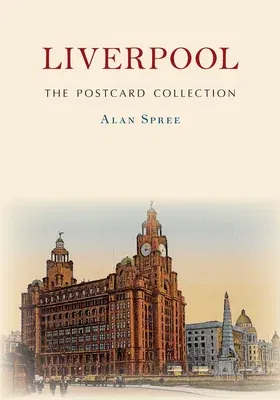Alan Spree
(Author)Liverpool the Postcard CollectionPaperback, 15 February 2022

Qty
1
Turbo
Ships in 2 - 3 days
Only 2 left
Free Delivery
Cash on Delivery
15 Days
Free Returns
Secure Checkout

Part of Series
Postcard Collection
Print Length
96 pages
Language
English
Publisher
Amberley Publishing
Date Published
15 Feb 2022
ISBN-10
1398104701
ISBN-13
9781398104709
Description
Product Details
Author:
Book Format:
Paperback
Country of Origin:
GB
Date Published:
15 February 2022
ISBN-10:
1398104701
ISBN-13:
9781398104709
Language:
English
Location:
Stroud
Pages:
96
Publisher:
Series: